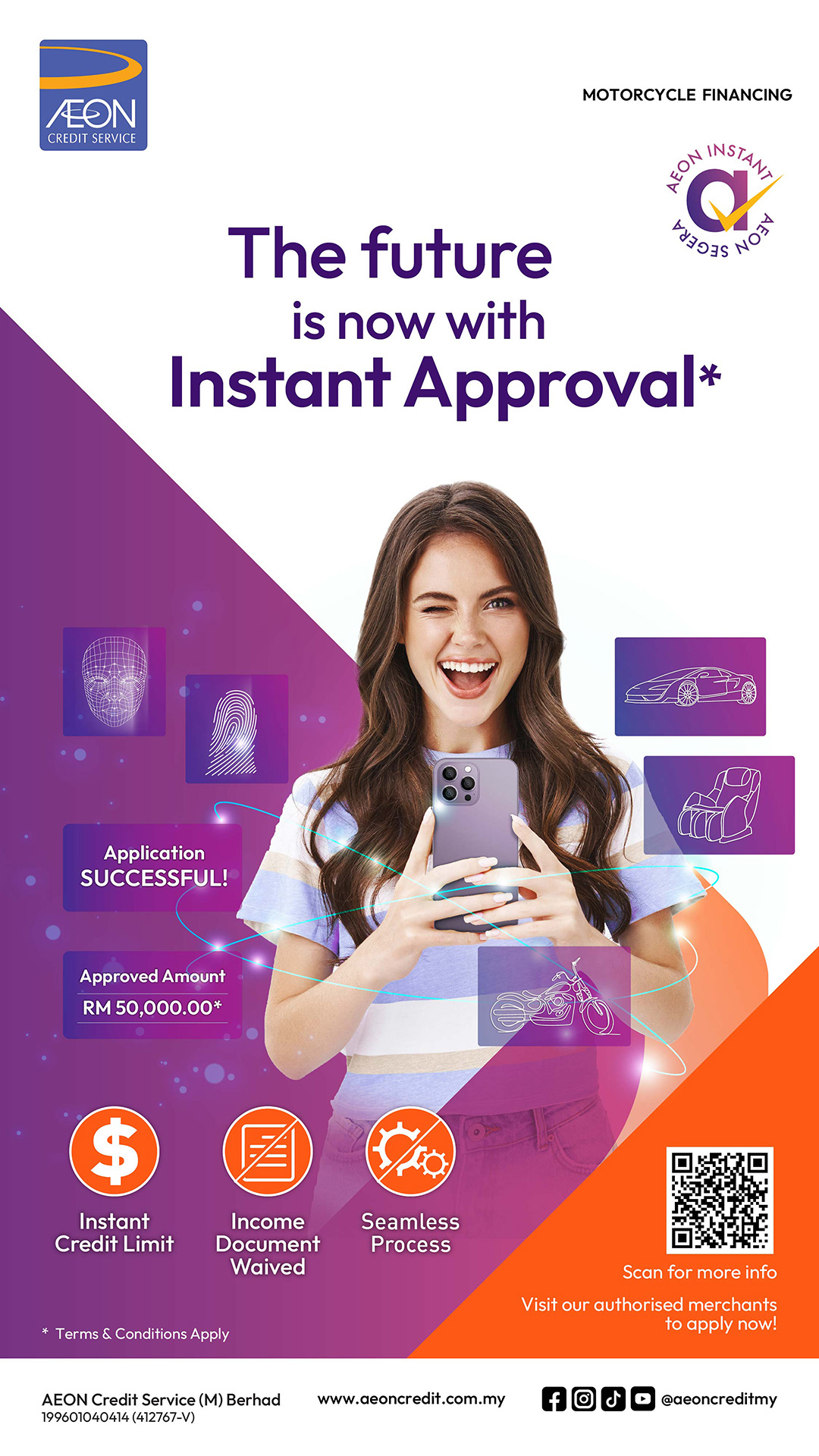Malaysia has a population of 34.3 million people and 23 million vehicles, nearly half of which are motorcycles.
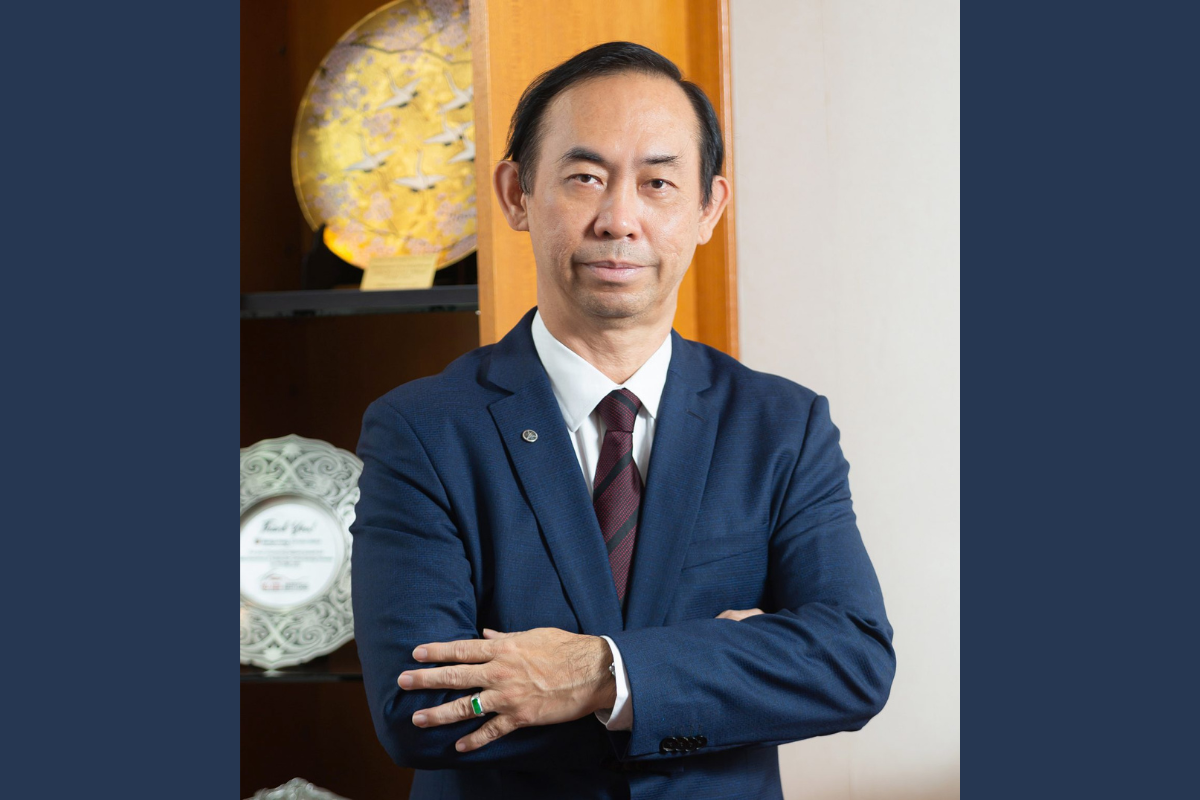
With 8% of households owning at least one two-wheeler, ranking as one of the largest motorcycle assemblers and distributors in Malaysia is a good position to be in, says Jim Khor Mun Wei, Managing Director of Hong Leong Yamaha Motor.
Founded in 1979 and jointly owned by Yamaha Motor Co. Ltd., Hong Leong Yamaha Motor is headquartered in Selangor on the outskirts of Kuala Lumpur, and is one of Yamaha’s most successful operations outside of Japan.
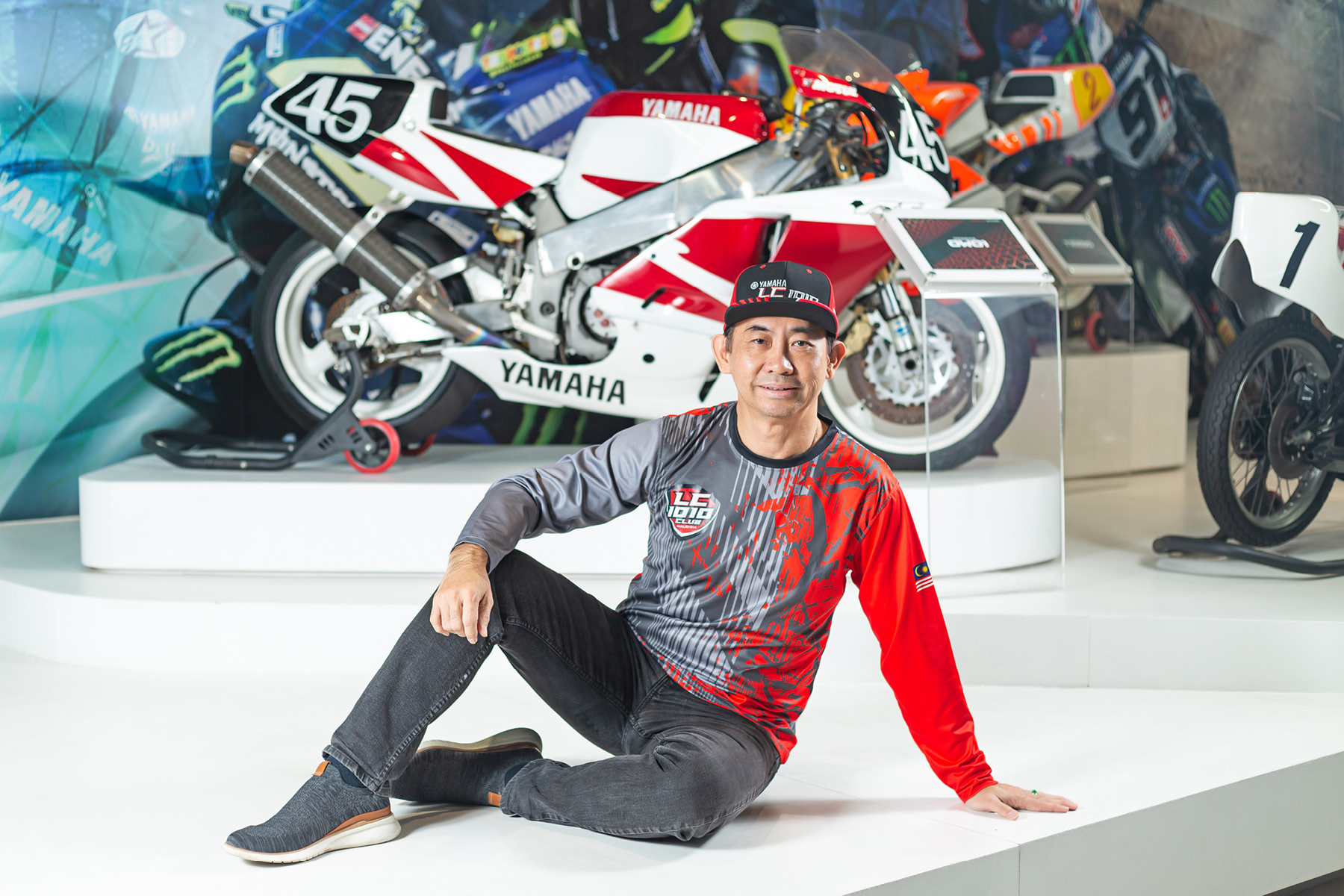
After the COVID-19 pandemic, there have been a lot of changes in the overall business dynamic, which is now so unpredictable and changing so fast that it means we have to be very agile and respond quickly to stay ahead.
With more than 40 percent market share, Khor says the company needs to remain agile and dynamic to stay on top.
“We’ve been in the business for over 40 years, and we have been managing the business day in, day out, year in, year out, keeping things quite stable,” Khor says.
“But after the COVID-19 pandemic, there have been a lot of changes in the overall business dynamic, which is now so unpredictable and changing so fast that it means we have to be very agile and respond quickly to stay ahead.”
Easy riding
According to Motorcycles Data, the Malaysian market is the 12th largest globally. Sales declined 8.4 percent in 2019–2021 amid the pandemic, but in 2022 the market surged again with 671,386 domestic sales – a 36.4 percent increase from the previous record in 2018.
Sales in the electric two-wheeler segment, while still small, doubled in 2022, and sales of the underbone, made with a tube frame overlay and plastic body panels, were up 25.6 percent in a year.
Malaysia’s Road Transport Department says there are 23 million vehicles in the country, and Malaysians’ love for using the two-wheeler to navigate increasing traffic congestion continues to rise.
For Khor, leveraging advancements in technology were essential lessons learned during the pandemic. These included increased automation and digitalization on the assembly line and greater online employee engagement to accelerate Hong Leong Yamaha Motor’s sustainable transformation.
“Before the pandemic, we’d developed a business strategy that might run for a year, but today we might be changing it every quarter or even every month. Also before, a lot of people were skeptical about doing business online, whether for ordering food or purchasing a motorcycle,” Khor says, referencing Hong Leong Yamaha Motor’s virtual capabilities, such as its 360-degree digital showroom and e-service system.
“The industry and consumers are so much more advanced with new technology and that has become the norm,” he says. “Our challenge has been to respond dynamically to these market changes. This has meant moving much of our business online internally and externally to better communicate with our staff and business partners through meetings, discussions and online trainings.”
Take-out transformation
Despite the bullish motorcycle forecast, entry-level mopeds are taking longer to recover after the pandemic. Khor sees opportunity to reignite this sector through Malaysians’ take up of food delivery apps and the home delivery gig economy.
According to a recent Statista report, the food delivery market in Malaysia is projected to grow to an estimated US$2.31 billion in 2023.
“The industry is advanced today, and we can see a new area for our motorcycle business to grow as well,” Khor says.
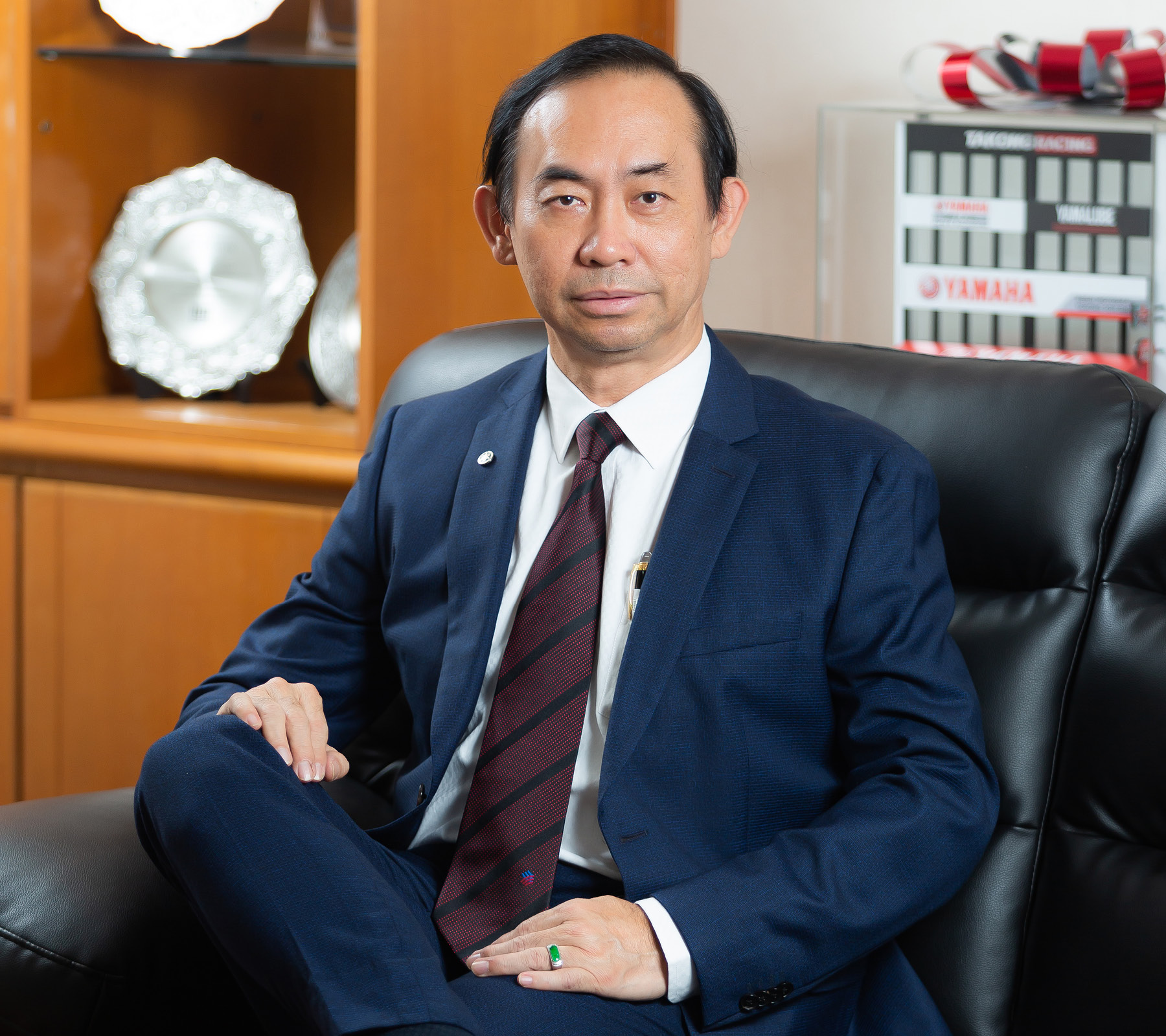
Conditions tell us we must change to be an online and offline business, a ‘click and mortar’ business rather than just a brick and mortar business. That transformation is happening now.
“Our goal is to create value-add for our customers and continue to innovate and excite them with our products. Value adding is the key to justifying higher price points than our competitors and to sustaining and building our business in the long-term.”
Improving manufacturing processes and projections is also important.
“In terms of production, we need to be very responsive to react to market changes,” he says. “This means our communications must be improved, for example, through digitalization, industrial regulations and our product mapping on the product development cycle must be shortened to meet changes in the market.
“Conditions tell us we must change to be an online and offline business, a ‘click and mortar’ business rather than just a brick and mortar business. That transformation is happening now.”
The tricky bits
Supply chain dependency, procurement and the likelihood of further supply chain disruptions, are top of Khor’s business challenges.
“Overall supply chain is the key challenge for us,” he says. “Malaysia’s market is strong, however, the supporting industry is still not so robust. A lot of components that we need to manufacture our motorcycles are imported from neighboring countries, and we are dependent on about 10 different countries for different parts.
“So we need to improve the supply chain in terms of efficiency, in terms of communication, in terms of supply chain management.”
Khor says widening procurement relationships is also crucial, as is improving Hong Leong Yamaha Motor’s homegrown capabilities.
“We are going for automation on the industrial floor because we do not know what is going to happen in the future with our supply chains. That’s our biggest long-term challenge,” he explains.
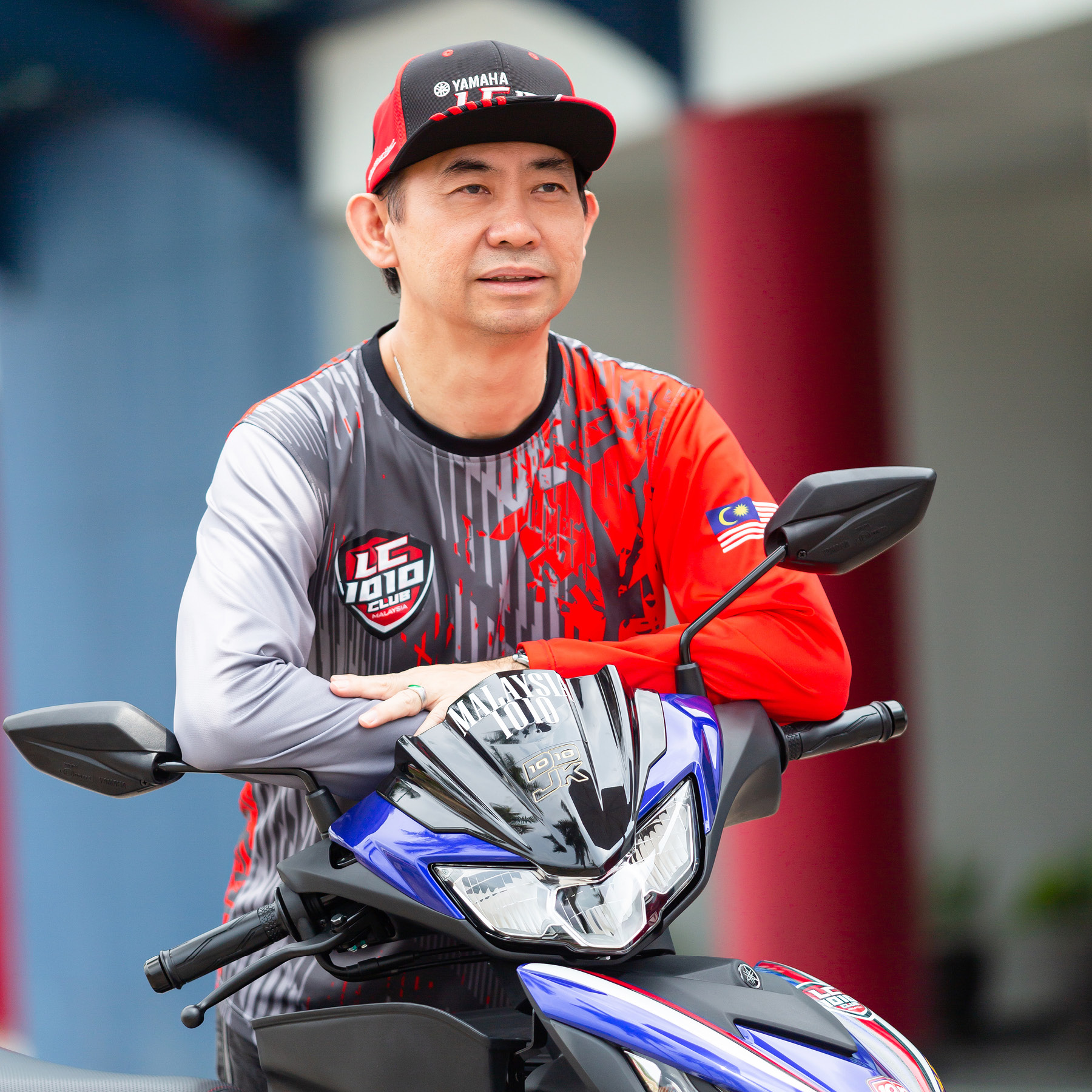
Our organizational DNA is very strong, motivated by our leadership, 5I behavior and culture.
Vital to this is Hong Leong Yamaha Motor’s continuous commitment to operational excellence through collaboration with business partners, dealers and suppliers – a ‘one family’ concept.
This philosophy of sharing trends and technology learnings, taking a long-term, collective, all-win perspective, continuing to build on the company’s outstanding brand value and ensuring ongoing employee wellbeing, customer focus and engagement are critical to ongoing success, says Khor.
Customer focus in particular is subject to the company’s ‘1C5S’ concept, wherein the customer (C) is the top priority, followed by sales, service, spare parts, safety and society. Additionally, Khor is a proponent of 5I: imagination, innovation, integration, involvement and interaction.
“Our organizational DNA is very strong, motivated by our leadership, 5I behavior and culture. This drives our excellent management team and employees to be better in terms of the overall management of the business, and this is how we continue to inject the innovative element,” he says.
“Innovation in our products and services, our processes and also our business model is everything today. If you are lacking in innovation today, you are not able to compete in the market anymore.”

